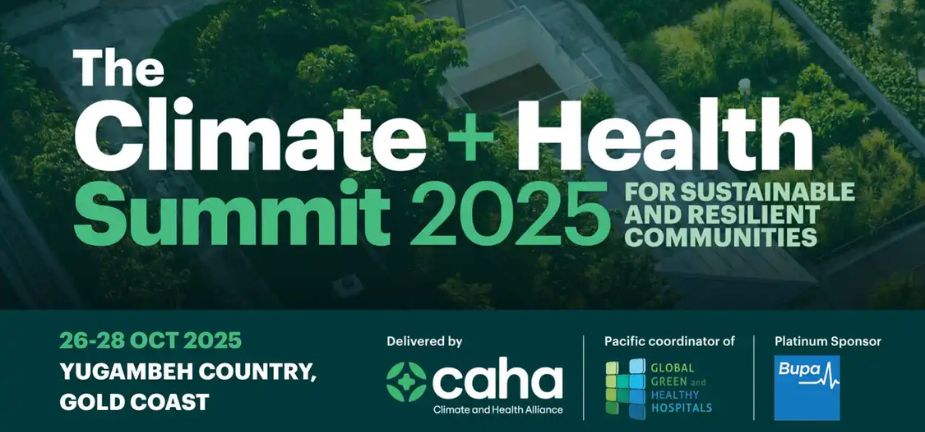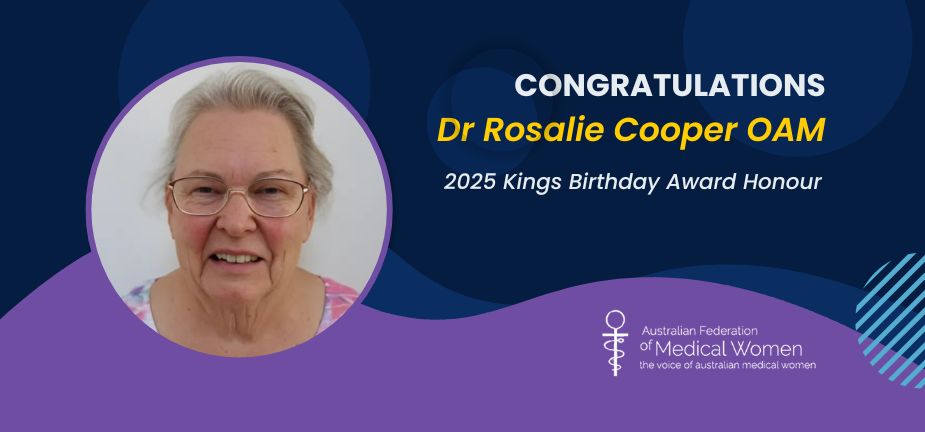There were several highlights. The leadership workshop on negotiating and managing difficult conversations was extremely popular and identified by participants as very relevant to challenges they encounter in their practice of medicine. The keynote speaker presentations and discussions on the health impacts of climate change and potential response strategies were thought-provoking and particularly impressive. Another highlight was the session on professional issues for women in medicine which included perspectives from Hong Kong, Australia and South Korea, with speakers addressing part-time medical training and employment, barriers for female surgical trainees, and medical school curriculum. In another particularly thought-provoking session, speakers addressed violence against women and medical workplace violence.
Other speakers, panel sessions and workshops addressed infections and vaccines, media and medicine, advocacy and health politics, and innovations in health promotion. We also had the chance to enjoy Melbourne’s shopping and entertainment while we were there.
The conference addressed barriers but encouraged the building of bridges to overcome these barriers, and meeting with so many other medical women was an enjoyable and inspiring experience.
– Miss Emily Gregory-Roberts, MWS NSW Student Representative
The over-arching theme of Environment in relation to Health, was effectively covered in the keynote presentations by Dr Lindsay Selvey and Ms Stephanie Long. Poster presentations included topics as diverse as HPV Infections and Cervical Intraepithelial Neoplasia in Korean women; Alzheimer’s Disease, First and Second Trimester Abortion management, Domestic Violence, the Effect of Climate Change on Mental Health, Infant Feeding, Pregnancy and Prostitution, and Helipod Birthcare.
The Keynote presentation by Dr Lynn Burmeister on ‘IVF and Beyond’ outlined current fertility practices and procedures. Various papers were presented on Professional Issues for female medical practitioners that were both informative and useful to the participants. The final highlight of the weekend was an exceptional workshop on ‘Effective Advocacy for Health Interventions’ with Mmaskepe M Sejoe which outlined processes and strategies for overcoming the challenges of providing advocacy support for patients.
The Congress brought together female medical practitioners from many geographical locations, in a spirit of optimism and care for the broader community. It was made evident through the diverse presentations and discussions at the Congress that ongoing education for women in some of the most pressing areas of need and concern faced in the contemporary world (both locally and internationally), is essential to success in the provision of support to those in need. The Congress was a highly successful event, both in terms of its organization and in the collegiality of the participants.
– Ms Brenda Glover, MWS NSW Secretariat









